"Owpi, Lilly, Malo, and Lorie all have real potential. They’re still very young, but already very talented. If they get good guidance, I believe they can have solid tryouts in the next few years, whether in Division 2 or even in major leagues outside the LFL"
Champion of Echoes of the Rift and qualified for the 2025 Equal Esports Cup, Velouria "Viki" Baty continues to serve as captain and mentor for the young Zerance Bloom roster. Having successfully passed their first tests, the team continues to grow and carve out its path on the competitive scene. In an exclusive interview with Sheep Esports, the AD Carry looked back on her journey — from being benched at Vitality to joining Zerance — before sharing her thoughts on her new teammates, the state of the women and non-binary's scene, and her goals with Zerance.
Zerance is a team on the rise, with very strong recent results both in the EEC and at Echoes of the Rift. You come from a very different environment with Vitality. How does it feel to join this new organization and achieve so much success in just the first few months?
Velouria "Viki" Baty: "It’s a big change for me, especially after my time at Vitality, which was a bigger organization on paper but with far fewer wins. Here, it’s the first time in my League of Legends career that I’ve won this much, even though it’s just the beginning. What’s even more impressive is that our team includes four rookie players who have never competed or played on stage before. This LAN event is their very first experience. Stringing together these wins is incredible for us. It gives them a real first taste of competition, and they’re learning how to handle many essential aspects like stress, crowd pressure, and more.
I’m really happy, especially because this project was built from the ground up with Oneƒor (Valentin Ho-Coui-Youn) starting from a clear idea: to create a team where I act as captain and veteran, guiding the rookies and sharing my experience. And today, that’s exactly what we have. Four highly motivated, talented, promising players... I truly believe they represent the future of our scene. If we’re doing so well right now, it’s because they’re very coachable, attentive, and eager to learn. They work hard, and it shows. It’s been a fantastic journey so far.
Last year, you were part of a very experienced team at Vitality, alongside players like Agnė "Karina" Ivaškevičiūtė and Alena "TIFA" Maurer. Now at Zerance, you’re surrounded by younger profiles like Malo, who’s been making waves. Can you tell us more about this change, your new leadership role, and how the team has evolved so far?
Viki: I’ve always had the role of a player who plays more for the team than for herself, even though I’m an ADC. I tend to put my teammates forward, to highlight them. That’s exactly what I wanted to do with Malo, for example. Last year, she didn’t even dare to try out for Solary. This year, I tweeted that I was going to offer to help any players in need of help for the off-season. That's how she first reached out to me.
I supported her through the process, she did the tryouts, it went well, but she wasn’t picked by Solary. Oneƒor and I immediately knew we wanted to bring her onto our team. We tested her, it went great, and it was exactly what she needed to get started. Malo is incredibly talented—a real gem. But she needed structure, someone to guide her in-game—especially in managing side lanes and positioning—so she could fully focus on her gameplay. Once that framework was in place, she could really shine mechanically.
We know Malo faced some difficulties during the transfer period, especially due to the language barrier. Despite her individual talent, she didn’t speak English very well. Since you supported her, how did you experience that situation? And with two players not speaking French on the team, how does communication work?
Viki: Indeed, Malo tried out for Galions and GameWard, I believe, but wasn’t picked because of the language barrier. Her English was still limited. Honestly, after two months playing together, she has made huge progress. In League of Legends, you don’t need to speak in full sentences: just use the jargon—words like “focus,” “teamfight,” “push.” It’s simple. It’s a shame she was turned away because of that, especially since language skills can be learned quickly, and she’s very mechanically skilled.
She mostly needed experience, and to me, that’s exactly what our scene should be about: developing the players of tomorrow, not just recruiting those who are already perfect in every way. For us, that’s not an issue. We want to help her improve, and that’s what we’re doing now.
What is it like to work again with Oneƒor, a coach you’ve been with for two years now? You were together at Vitality, even if the separation ended badly. Was he the one who convinced you to join this new project?
Viki: I put in a lot of effort while I was at Vitality. When I was benched at the end of 2024, it was really hard for me—I fell into depression. I’m currently seeing a psychologist because of that. It was a tough period. Oneƒor never abandoned me. We’ve worked together for two years now, we form a real duo, and it works very well. This year, our goal was to show that we have the talent to develop players and manage a team. We want to prove that even without being in a big organization, we can do great work. In the end, what matters most is good management, not necessarily the size of the organization.
For this Zerance Bloom roster, what do you think is the team’s ceiling? You seem to have a lot of potential and good progress so far.
Viki: So far, we haven’t faced many teams at our level, like the ones we’ll meet at the upcoming Equal Esports Cup. We’re kind of in a bubble, but it’s a great first experience. We know the level will soon be higher. If we manage to place in the top 5, that will already be very satisfying, because we don’t have huge expectations on results. We’d love to win games against Solary, SK Avarosa, and Vitality Rising Bees. We already won a game against my former team, which motivates us a lot. G2 Hel are way above the rest of the scene, so if we can hold our own against them without getting crushed, that will be a good sign.
The main goal isn’t necessarily to perform right away, but rather to help the team grow. We want our players, our gems, to become the face of the future our scene. We’re not here to be number one immediately but to develop these players. That’s what the women’s scene should be about—so that these players can eventually join the mixed scene.
We often hear that some organizations don’t build their teams very wisely, sometimes because of favoritism. Do you think Zerance can, like Chester Gaming last year, surprise and dethrone more established teams?
Viki: Yes, absolutely. We already saw it when we faced Vitality, one of the top women’s teams. We managed to take a game from them, which was even a bit of a stomp, showing that we’re a promising team. Of course, we still lack experience. We’ll face very experienced players, and it’s still a challenge. But I believe we can succeed if we keep going like this. The motivation is there.
In the EEC, is there a team you see as the main rival to beat for Zerance?
Viki: The strongest team is clearly G2 Hel, without a doubt, but we keep an eye on all teams. Vitality, especially because of what happened with me, is a bit of a nemesis. My teammates want to get revenge for me. So for us, that’s an important team to beat, but if we really want to aim for the top, G2 is the team to take down.
How is the atmosphere in the Zerance lineup, especially now that you’re finally meeting in person at LAN?
Viki: This is our first time meeting at a LAN, and it really strengthens the team’s bonds, which is amazing. For me, it’s the best team experience I’ve had in my entire pro career. We have only motivated and talented players. What’s really special is that we laugh a lot in-game while staying focused on tryharding. I’d never experienced that before: a team that can have fun and be serious at the same time.
We have a very effective working method, one I hadn’t seen elsewhere. I think it’s because we have four rookies and me, a veteran player known for my discipline. Everything just flows naturally. I’m very happy to be part of this team, and I don’t regret continuing my career after Vitality, because this year is really a great experience for me.
After your experience at Vitality, did you ever consider quitting your pro playing career?
Viki: Yes, definitely. When I left Vitality, I went through a hard time and even fell into depression. I wanted to quit my pro career because I couldn’t see myself playing for any other organization than Vitality. I’d been there for three years, really invested myself, considered it my family. I was very attached to the staff and even worked in their offices. My heart was completely yellow—I didn’t want to go anywhere else.
I refused several tryouts because I didn’t want to play for another team. But eventually, I met exceptional rookies and found a project I really liked. I thought it would have been a shame to stop when I still have so much to offer and pass on. This year, I’m here to share my experience. If I manage to help my players make a name for themselves on the scene, that will be a real success for me.
You say you want to share your experience. Are there players, in your team or elsewhere, whom you see as capable of joining the mixed scene in the coming months or years? Who do you think has the potential to make the jump to the ERLs?
Viki: Yes, within our team, Owpi, Lilly, Malo, and Lorie all have real potential. They’re still very young—between 18 and 19 years old—but already very talented. If they get good guidance, I believe they can have solid tryouts in the next few years, whether in Division 2 or even in major leagues outside the LFL. They’re definitely players to watch.
There’s also rym (Rym Salloum), the midlaner for G2 Hel, who is very strong. Actually, there are quite a few players like that. What’s needed now is to give them a proper stepping stone. We can’t expect them to be top-level right away. They need support, coaching, and visibility. That’s exactly what’s missing today: support and a structured environment to let them progress smoothly.
In your opinion, what is missing so that more women could make the jump to the mixed scene, like ERLs? Is it a coaching problem? Or is there a need for more tournaments, visibility, or incentive rules like those recently introduced in the Prime League?
Viki: For me, the biggest thing missing is tournaments to compete in. Every year we see the level of the women's scene improving, and it’s directly linked to competitions. The more opportunities players have to compete in tournaments, the more experience they gain. Honestly, many girls in our scene aren’t yet ready to compete in the mixed scene—not because they’re weaker, but because they lack experience. They simply haven’t had the same chances as men to develop.
What’s needed is to help them build that competitive experience, with quality support in serious organizations like G2, Vitality, or SK Gaming. That kind of environment will enable them to reach the level required to get tryouts in mixed teams. So for me, the priority is initiatives like a Game Changers league for League of Legends. That would encourage more organizations to invest, create more teams, and therefore more opportunities for women. And with that, some will inevitably get noticed and move into mixed environments.
You mentioned the lack of tournaments as a barrier to the women scene’s growth. Today, we are at Echoes of the Rift, an event organized by CIC and Espot, but some big orgs like Vitality, Galions, and Solary aren’t present. The event was announced a bit late, which can complicate logistics, but do you still find that disappointing?
Viki: Yes, I find it very disappointing, especially coming from orgs like Vitality or Galions, which are based in Paris. This is a LAN event that puts women in the spotlight, and if you have a women’s team, that should be something you promote. So not being here is a real missed opportunity. Let’s be honest: there aren’t many LANs throughout the year for women’s teams. This might be the only one, aside from maybe the finals of the EEC or another tournament.
Missing out on the one chance to play on LAN is really unfortunate. Events like this allow players to grow—by getting their first offline experience, learning to manage stress and the stage, all of that. Meanwhile, you have an organization like Zerance, which has a much smaller budget than some big orgs, but makes the effort to be here because they believe in developing women’s esports. That’s why it’s important—even essential—to be present at these kinds of events. It’s exactly what we need.
Do you think some organizations aren’t investing enough in the scene? And can this lack of commitment be understood because of the absence of Game Changers?
Viki: I can understand that some organizations hesitate to invest more, especially because Riot hasn’t made real concrete efforts around Game Changers. We’ve been promised it for League of Legends for three years now, and it keeps getting pushed back. But despite that, I also think orgs don’t manage their budgets well. They don’t do enough to highlight women, or when they do, it’s often quite clumsy.
Of course, it’s not simple—esports itself is still a young field, so naturally, women’s esports is even younger. Maybe some organizations just need to take the time to talk with key players in the industry to better understand how to support the growth of the scene. Participating in an event like this LAN, for example, would already have been a good step.
Would you like to add anything to conclude?
Viki: The only thing I want to say is that it’s really important to support the women and non-binary's scene. We want above all to feel supported, to know they have their place in esports. I know many players, like Malo, who don’t dare try out or compete because they’re afraid of being judged. That fear blocks them. Men don’t have the same reflex: “If I try, people will criticize me or say I’m bad.” For women in gaming, it’s often immediately: “You shouldn’t be playing video games.”
What they need is simply support. I want to thank everyone who supports the scene, especially Zerance, which does a lot with limited resources and today enables many women to make a place for themselves in esports, whether in League of Legends, VALORANT, or Counter-Strike."
Header Photo Credit: Elise "Unbrix" Outteryck

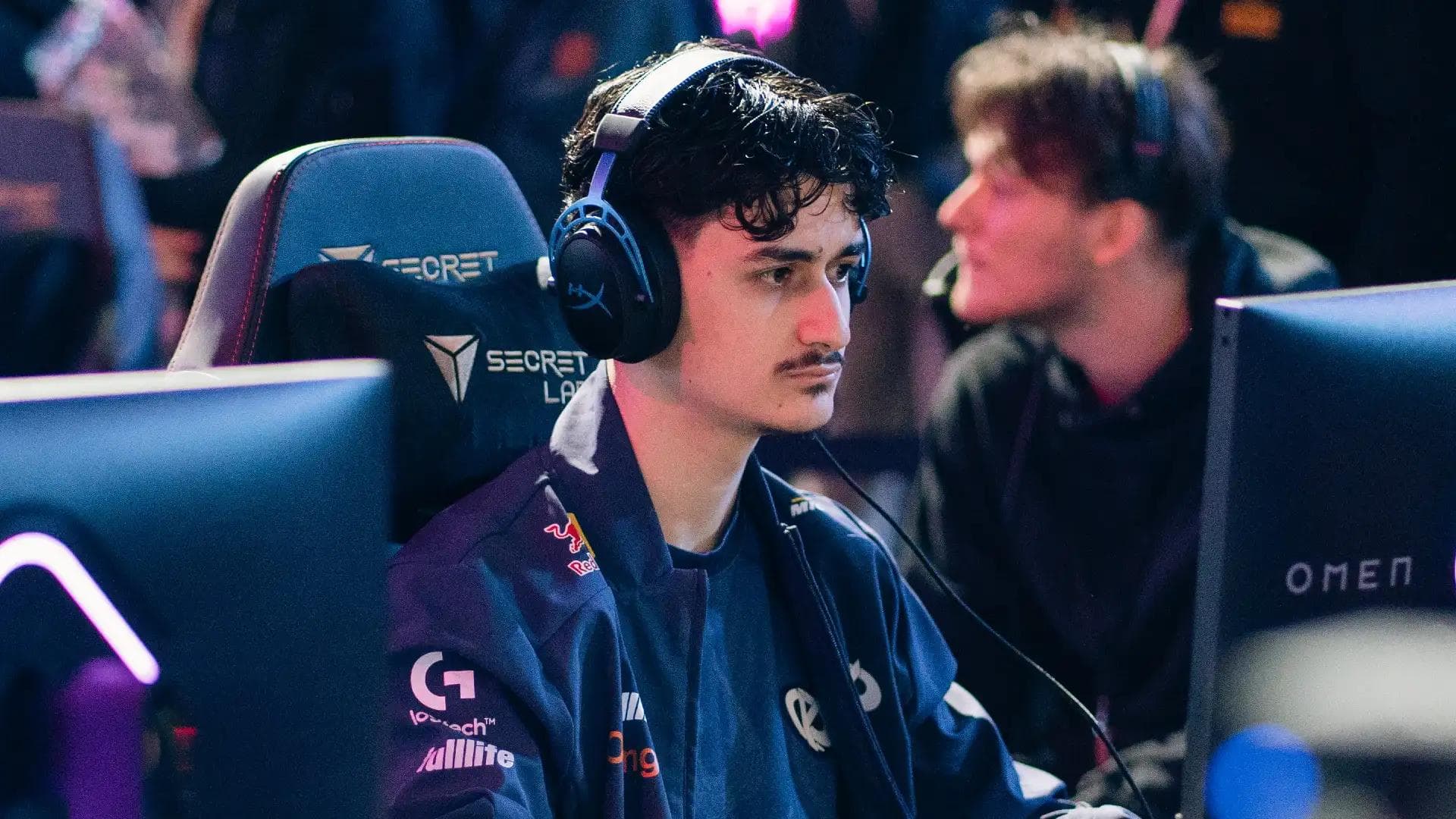

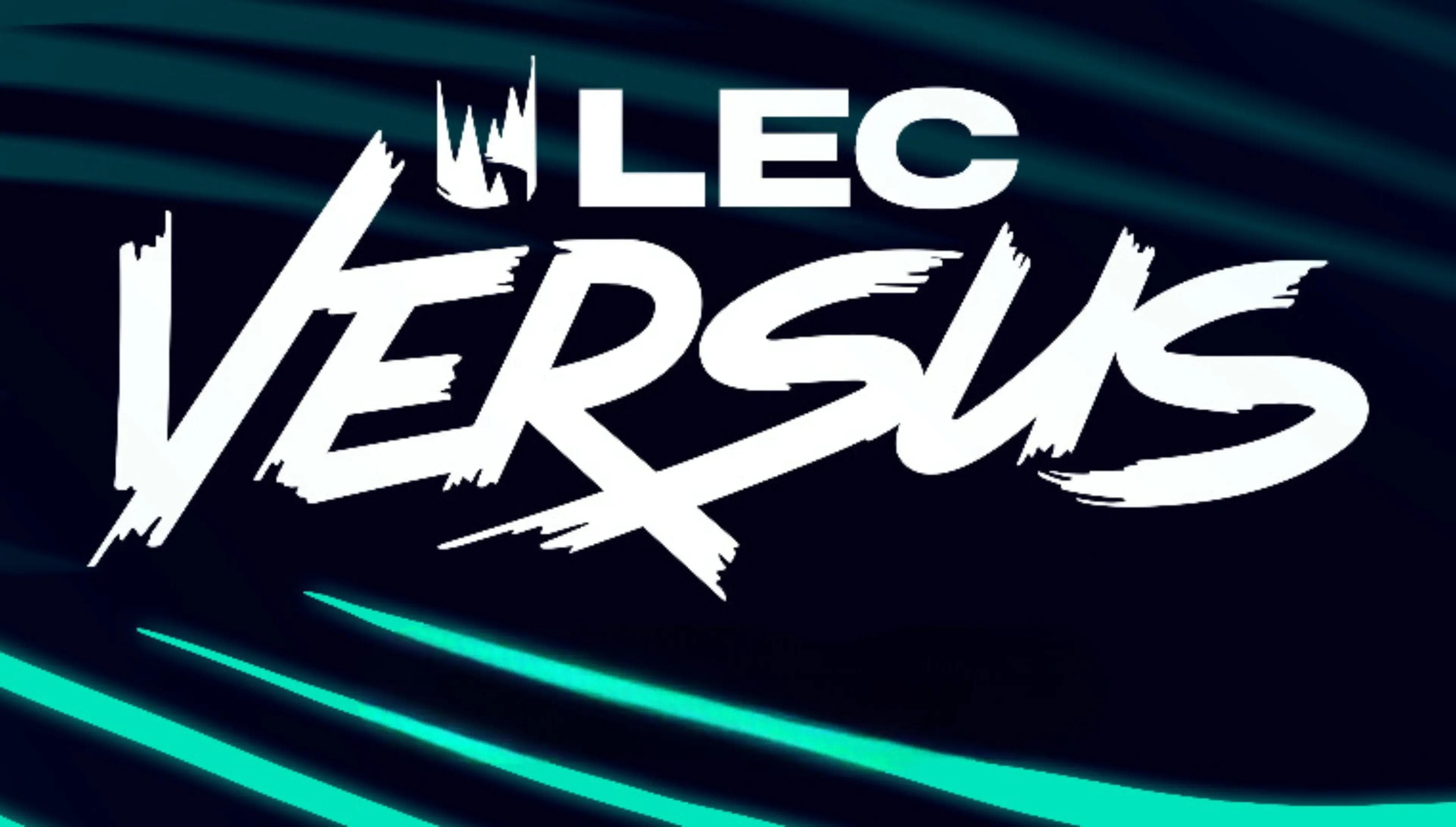
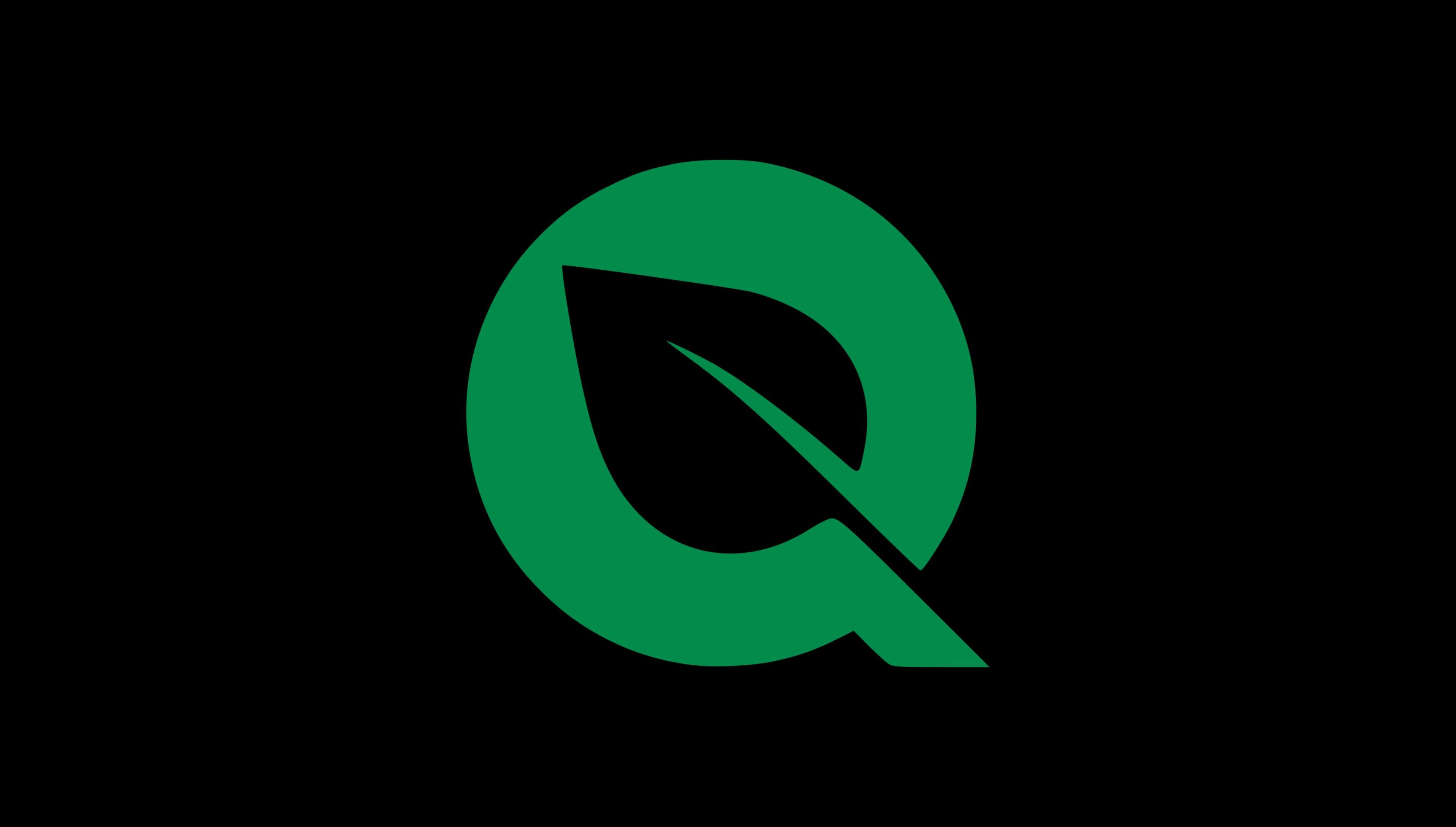
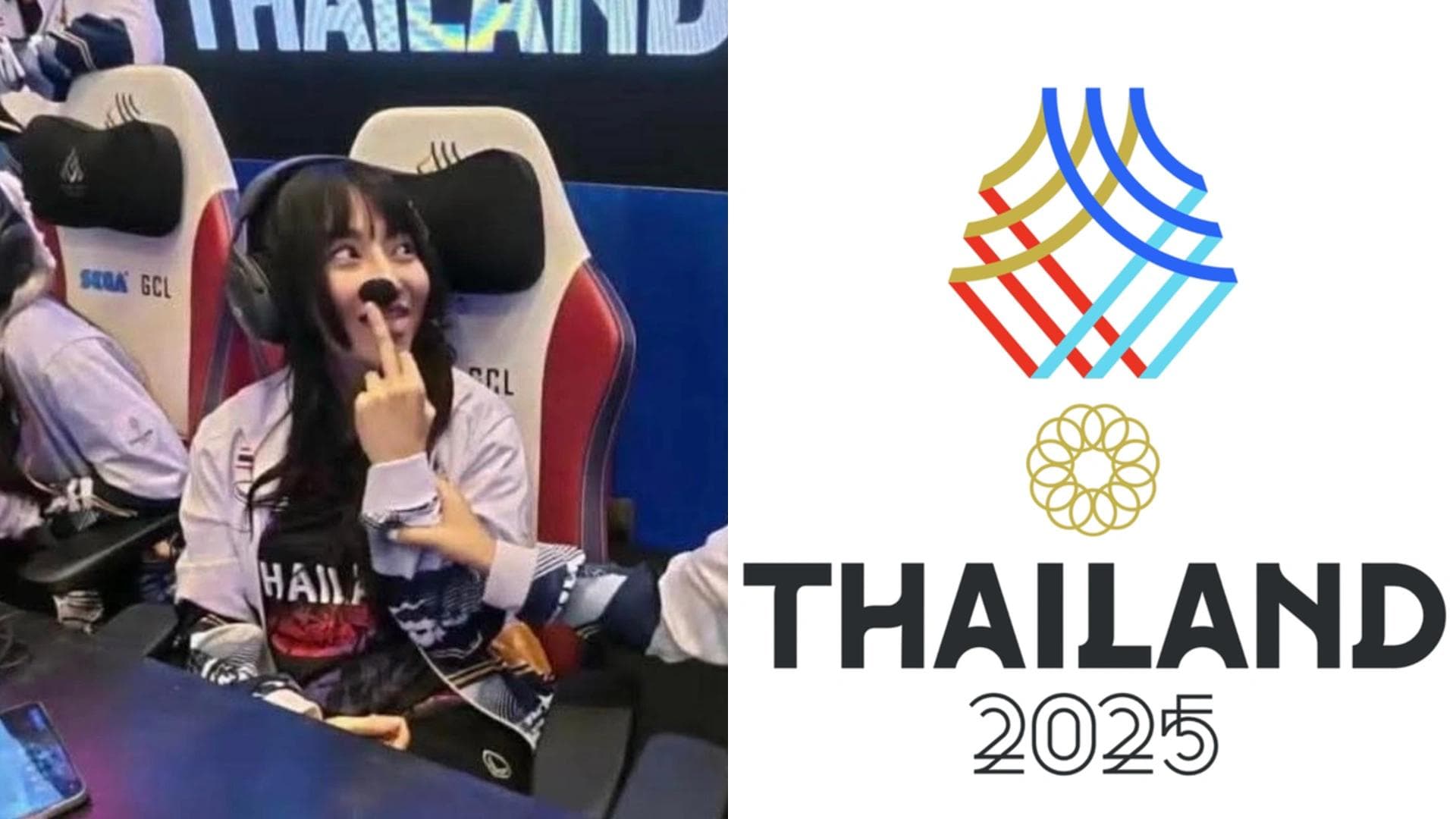
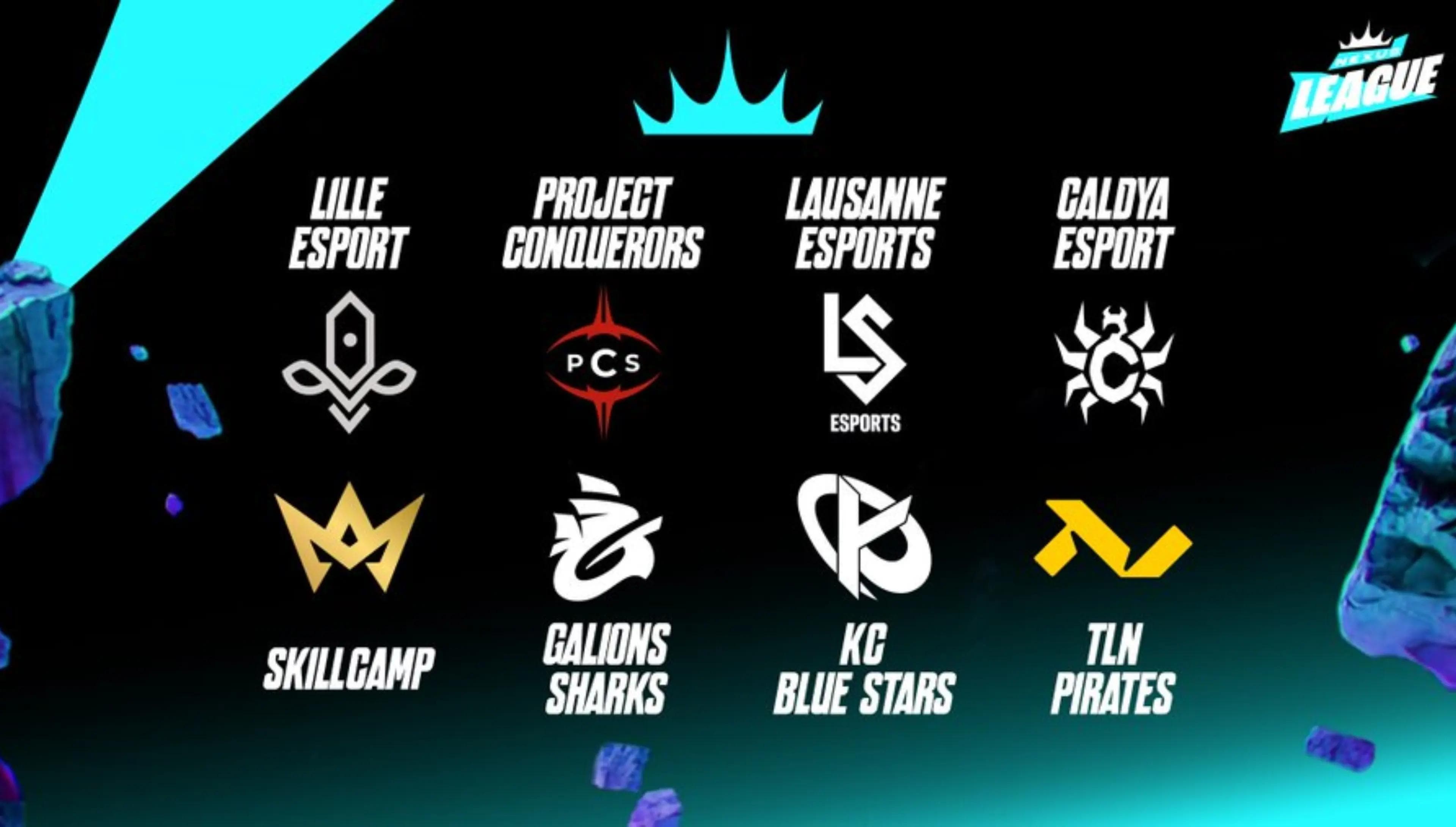

/Comments
Write a comment